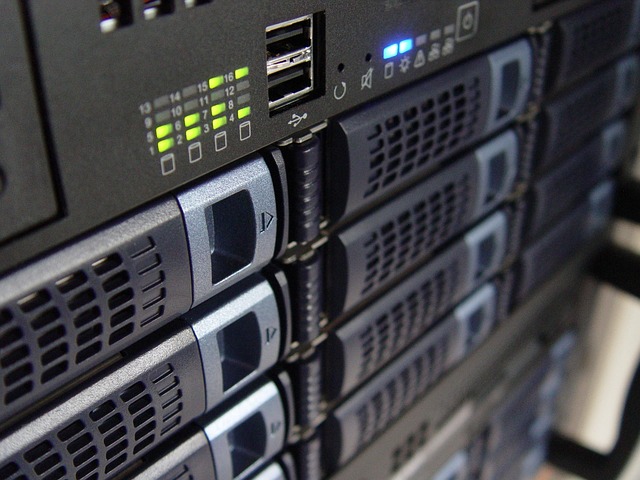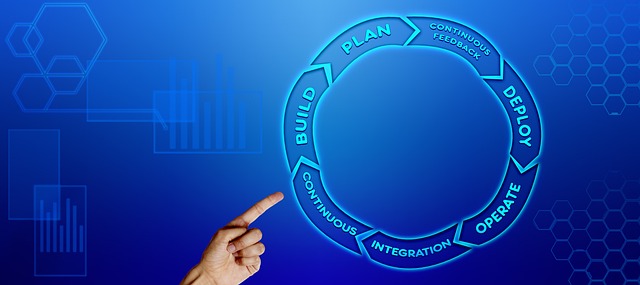In the fast-paced world of gaming, performance can make or break the user experience. As eSports continues to rise in popularity, the importance of optimized game servers has never been more crucial. With millions of players logging in to compete, the infrastructure behind these games needs to be as robust and efficient as the gameplay itself.
First, let’s talk about the games that have taken the eSports scene by storm. Titles like League of Legends, Dota 2, and Counter-Strike: Global Offensive have not only captivated players but have also become household names in competitive gaming. What makes these games stand out is not just their gameplay, but the seamless experience they provide. This is where the right game servers come in.
Latency is the nemesis of any gamer. It’s that infuriating lag that causes you to miss the right moment during a critical gaming match. High-quality game servers are designed to minimize latency, allowing players to engage in action at lightning speed. For professional gamers who thrive on precision, optimized servers can mean the difference between clinching a victory or enduring a heartbreaking defeat.
Next up is stability. When the stakes are high, downtime is unacceptable. Imagine the chaos when an entire tournament is thrown into disarray due to a server crash! eSports events require game servers that can handle thousands of simultaneous connections without breaking a sweat. Developers must continuously monitor server performance and make adjustments to ensure uptime during peak hours, especially when high-profile events are in play.
Moreover, the community-driven aspect of gaming makes it vital for game servers to cater to diverse player needs. From private servers for casual friends’ matches to dedicated servers for large-scale competitions, the flexibility of server options can enhance the overall gaming experience. Gamers should feel that each match is unique, and the right server setup can facilitate that, fostering a deeper connection to the game and its community.
Security is also a top priority. With the rise of hacking and cheating, it’s essential that game servers employ robust security measures to keep players safe and uphold fair play standards. Regular updates, anti-cheat systems, and DDoS protection are crucial components that developers should implement to maintain integrity within the eSports ecosystem.
Beyond just the technical aspects, optimizing game servers also means building a culture of engagement within the gaming community. Features such as live chat support, regular player feedback sessions, and community events foster a sense of belonging and investment in the game. Players are more likely to remain loyal to a game that actively listens to and works with its community.
Ultimately, the journey to leveling up in the competitive eSports landscape is all about understanding the balance between technology and community. Developers must prioritize the optimization of game servers to enhance gameplay, support fair competition, and foster player engagement. As the eSports industry continues to expand, these elements will be crucial for ensuring that players around the world can enjoy the thrill of gaming at its finest.




